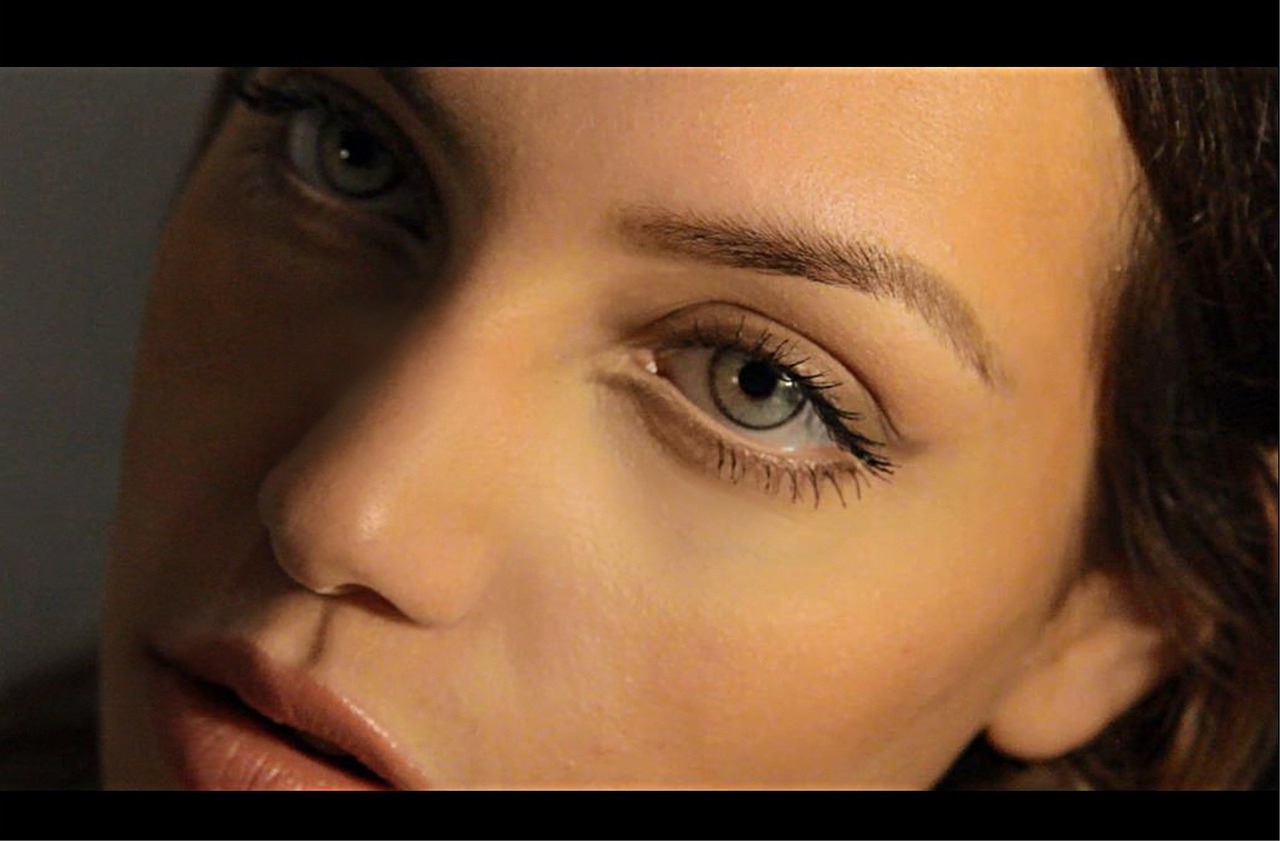He sees us…
Thursday the 8th of October was National Poetry Day.
Poetry is like gardening for me. I always feel I should love it more than I do, but like gardening, what I really want is for someone to make it easy for me.
With poetry, this means I want to hear it recited to me and not read it for myself, because it’s only by hearing it that I find I can absorb it. Thankfully I have a mother who recites poetry otherwise, I don’t think I’d have ever known any poems.
You don’t really meet people much any more who recite poetry, although a few years ago, when I told someone that I only enjoyed poetry when I heard it, he recited a poem for me. It was special because he chose a George Herbert poem ‘The Glance’ and unbeknownst to him, George Herbert is my mother’s favourite poet. So on National Poetry Day, I re-read ‘The Glance’ because I know it through voices now and not just as words on a page. It goes like this:
THE GLANCE
by George Herbert
When first thy sweet and gracious eye
Vouchsaf’d ev’n in the midst of youth and night
To look upon me, who before did lie
Weltring in sinne;
I felt a sugred strange delight,
Passing all cordials made by any art,
Bedew, embalme, and overrunne my heart,
And take it in.Since that time many a bitter storm
My soul hath felt, ev’n able to destroy,
Had the malicious and ill-meaning harm
His swing and sway :
But still thy sweet originall joy
Sprung from thine eye, did work within my soul,
And surging griefs, when they grew bold, controll,
And got the day.If thy first glance so powerfull be,
A mirth but open’d and seal’d up again ;
What wonders shall we feel, when we shall see
Thy full-ey’d love!
When thou shalt look us out of pain,
And one aspect of thine spend in delight
More then a thousand sunnes disburse in light,
In heav’n above.
Source:
Herbert, George. The English Poems of George Herbert. C. A. Patrides, Ed. London: J.M. Dent & Sons, Ltd, 1991. 177.
At church last Sunday the person leading the service began with the idea that God is the God who ‘sees’ us, and so I’ve been thinking about what it means that God sees us.
This idea comes first in the story of Hagar, the slave woman used by Abram and Sarai to attempt to fulfill God’s promise of children illegitimately and in their own strength. Not only did they use her, but they then abused her. (Gen 16) Of all people, Hagar could claim she was a victim of a system that she just couldn’t fight.
She had no choice but to give in to her owners’ demands. When she runs away in her distress, God finds her and comforts her, giving her her own promise of descendants, even though her son’s life will also be marked with trouble. But at least he will live. For Abram and Sarai she was not a member of the family. They didn’t see her like that. They used her as a means to an end. This is what opened the door for them to justify abusing her when the presence of her and her son became offensive.
We know the horror of slavery is very real even now, and it is the most degraded and dehumanized of existences, although most of us in the West are not directly affected by it. In our culture though we are still affected by who ‘sees’ us, and who fails to ‘see’ us. It affects our social lives, our school lives, our opportunities, our work lives, our emotional wellbeing.
I think most of us have been in gatherings where we have felt that nobody can really be bothered with us. There are phrases that describe this feeling all to do with not being ‘seen’ and which mean not being relevant to anyone present, or being worthless. We say someone looked straight through me, I was overlooked, I’m invisible, it was as if I wasn’t there. I recall many times speaking to people who have looked past me over my shoulder to find someone better to talk to! I hope so much in those times I don’t do it other people.
For all the current obsession with selfies, nobody really just wants to be seen by everyone. They want to be seen and loved, seen and approved of, seen and admired. The opposite of being overlooked is when you speak to someone and they make you feel as if you’re the only person in the room, or when you see someone after being apart for a while and your eyes meet theirs and you see the love and joy in their eyes when they see you. You know deep down that they value you, value your presence, your time, your personhood.
After I’d had my first baby, as exhausted as I was, I couldn’t sleep at all. I lay awake for hours just staring and staring at this little thing lying next to me. I couldn’t believe he was mine. I’ve never just watched other people as much as I’ve sat and watched my children over the years. I must have spent hours of my life watching over their sleeping bodies, watching them when they were sick and restless, watching them when they were in the bath, when they were eating, playing, climbing, running, giggling together.
This is how God ‘sees’. It is a seeing that watches over. He can’t overlook us, or see through us. He doesn’t look past us at someone better, because each person created by him is of infinite value to him. But when God sees, he doesn’t just see and love, he sees and he knows, he sees and protects, he sees and he heals. That is what Herbert is describing in his poem. His ‘glance’ is so powerful it overcomes the storms of life.
There are countless stories of men and women from Hagar to Herbert to the present day whose experience is that they have been seen by God, and that this has transformed their lives. To be seen by God overcomes shame, pain, and the worst darkness. He sees and loves, he sees and approves, he sees and admires his handiwork. He sees and he engages us, inviting us to see him back.


